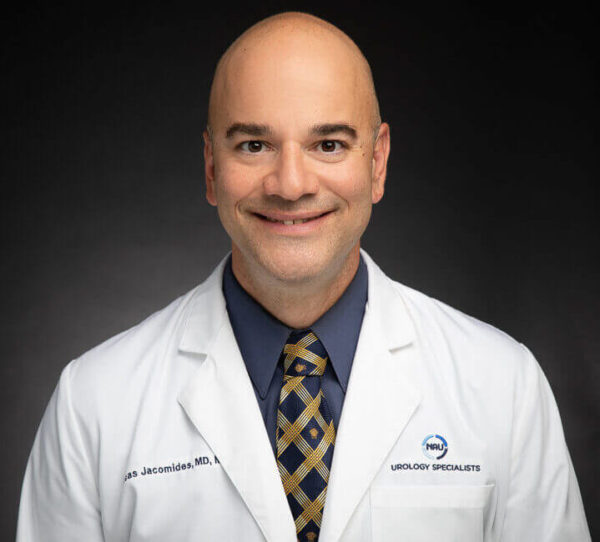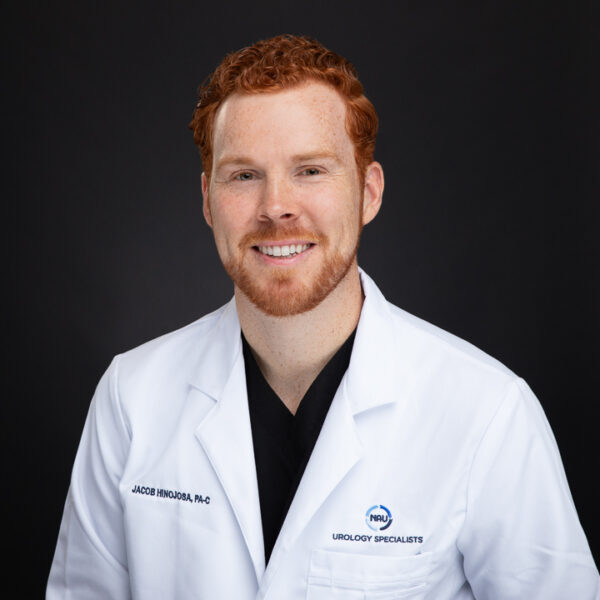
Overactive bladder gives you that sudden urge to urinate
For your bladder to function correctly, every part of the system — the kidneys, muscles and nerves — has to work together. If one piece of the system fails, you can develop an overactive bladder (OAB). OAB is the name for a group of symptoms that include the sudden urge to urinate. You may get that “gotta go” feeling several times a day, and leak urine whenever you get that urgent feeling.
According to the Urology Care Foundation™, about 40 percent of women and 30 percent of men in the United States have symptoms. Sadly, due to embarrassment, many people don’t talk to anyone, including their physicians, about their problem. Our Austin urological physicians provide the kind of compassionate care that will make you feel comfortable sharing your story with our team. It’s time to improve your life!
What causes OAB?
Most of the time, OAB affects men and women ages 65 and older. Women sometimes develop the issue as early as their mid-40s. Anything that injures or affects the detrusor muscle in your bladder can cause overactive bladder. Here are some of the conditions that cause the problem.
- Nerve damage due to trauma or certain diseases, including strokes, multiple sclerosis, Parkinson’s disease, pelvic or back surgery, or radiation therapy
- Diabetes or kidney disease
- Increased urine production due to alcohol, caffeine or certain medications
- Infections that occur in the urinary tract or kidneys
- Bladder stones or tumors
- Enlarged prostate
- Being overweight or obese
- Surgeries that leave scar tissue on the bladder or urethra
A sudden urge to urinate and other symptoms
Overactive bladder refers to a group of symptoms that include the following.
- An uncontrollable, sudden urge to urinate; and often, when you do urinate, you only produce a small amount
- Going to the bathroom frequently
- Getting up two or more times every night to go to the bathroom, known as nocturia
Urge incontinence is part of OAB. This type of incontinence causes you to leak urine and feel an urgent “gotta go” feeling.
Diagnosing overactive bladder
Our Austin urological physicians start their diagnostic process with a physical exam. They look for infection and check to see if there are any neurological issues. If you need additional testing, they can measure urine flow rate or use imaging to measure how much urine stays in your bladder after you urinate. Our team may perform other tests to determine how your bladder is filling and emptying.
Our Austin urologists have a variety of treatment options for OAB
Our expert team creates a personalized treatment plan for you that may include one or more of the following steps.
- Lifestyle modifications and dietary changes can help you avoid triggering symptoms.
- Pelvic physical therapy helps train your muscles to properly respond to irritation. It also helps muscles relearn how to react properly.
- Medication can help relax bladder muscles, so that they don’t contract when your bladder isn’t full.
- We can also retrain the bladder nerves to work properly using neuromodulation.
- BOTOX® injections aren’t just for wrinkle reduction. For urologists, the neurotoxin is a powerful therapy that can help improve OAB symptoms.
Our Austin urological physicians want to help you improve your quality of life with state-of-the-art treatment for overactive bladder. If you are experiencing a sudden urge to urinate or other symptoms of OAB, contact us for an appointment.













